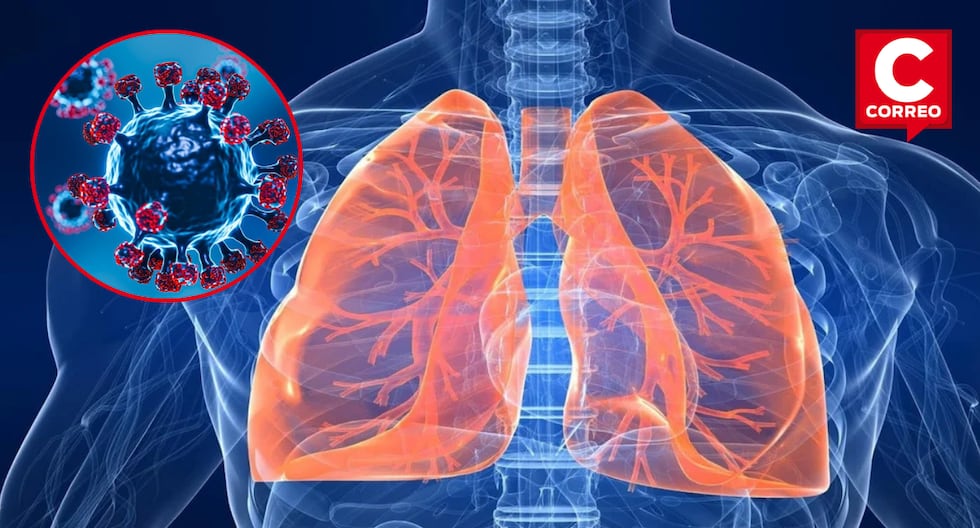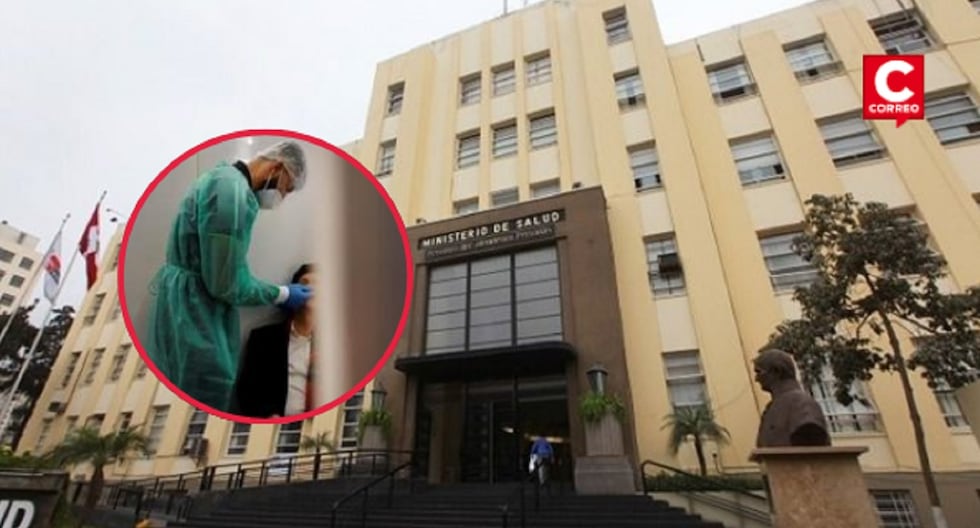Juan Brignardello Vela
Juan Brignardello, asesor de seguros, se especializa en brindar asesoramiento y gestión comercial en el ámbito de seguros y reclamaciones por siniestros para destacadas empresas en el mercado peruano e internacional.




In a groundbreaking move that could reshape public health messaging around alcohol consumption, U.S. Surgeon General Dr. Vivek Murthy has called for cancer warning labels on alcoholic beverages, drawing parallels to the long-established warnings on cigarette packaging. This recommendation comes at a time when awareness regarding the health risks associated with alcohol is more crucial than ever. In a recently released advisory, Dr. Murthy emphasizes that many individuals remain unaware of the strong correlation between alcohol consumption and various forms of cancer. The advisory references studies dating back to the late 1980s, which have increasingly established that drinking alcohol—be it beer, wine, or spirits—significantly elevates the risk of developing several types of cancer, including breast, colorectal, esophageal, liver, mouth, throat, and laryngeal cancers. Dr. Donna Kleban, a breast surgeon affiliated with Good Samaritan Medical Center and Wellington Regional Hospital, expressed her support for the Surgeon General’s initiative. "I think that would be a wonderful thing to do, I mean since my mission in life has been to prevent and treat cancer," she stated. Dr. Kleban and other medical professionals believe that such warning labels could play a critical role in educating the public about the risks of alcohol consumption. Vivian Carta-Sanchez, a primary care nurse practitioner with Palm Beach Health Network, reiterated the importance of moderation. "I always say to my patients who are women, I say for you it's one alcoholic drink a day. That's the limit," she advised, underscoring the need for awareness and personal responsibility in alcohol consumption. While the advisory has garnered support from health practitioners, it also raises significant implications for the alcohol industry. Spencer Kuvin, a civil trial attorney based in West Palm Beach, pointed out that this move could potentially lead to a surge in litigation against alcoholic beverage manufacturers, similar to the legal battles faced by tobacco companies. "I certainly think there's a potential for a large amount of litigation that comes out of this," Kuvin warned, acknowledging the complexities involved in proving causation between alcohol and cancer. Should lawsuits emerge successfully, it might prompt a reevaluation of the industry as a whole, leading to increased scrutiny and potentially crippling financial repercussions for alcohol producers. However, the final decision on implementing warning labels does not rest with the Surgeon General—it requires congressional approval, which is complicated by existing regulations that already mandate health warnings related to alcohol consumption during pregnancy and operating heavy machinery. As this conversation unfolds, it is clear that the ramifications of Dr. Murthy's advisory could extend far beyond public health, potentially reshaping the legal landscape surrounding alcohol consumption and its associated risks. The call for transparency and consumer education could mark a pivotal moment in how society views alcohol and its health implications, prompting both individuals and the industry to reexamine their responsibilities in the face of growing evidence.


:quality(75)/cloudfront-us-east-1.images.arcpublishing.com/elcomercio/HTZXF3E27NGCZBFWGXAZHX7WWM.jpg)